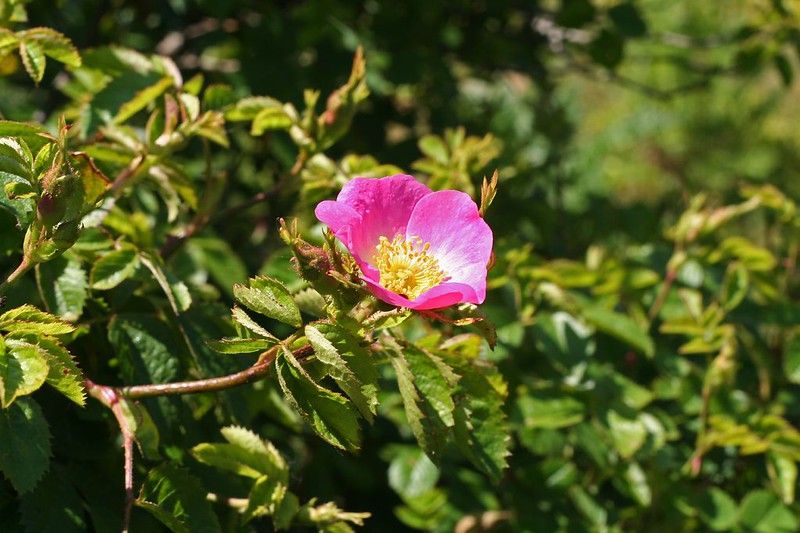IV: Lavender
On accents and how they place or betray us.

Good morning. Today is quartidi, the 14th of Messidor, Year CCXXXI. We celebrate la lavande, a beautiful purple flower with a heady scent.
💡
It's not hard to spot in the name, but the word "lavender" originates in the Latin word for "to wash" because the fragrance of this mint relative has always seemed like a good scent for laundering and bathing. Interestingly, in the Middle English, the same exact word – with the same exact origins – meant "prostitute," so I suppose there was once a suspicion of anyone who smelled too nice.
Lavender linguistics is the term for the study of LGBTQ+ language patterns and accents across the globe – the word "lavender" having been a code adjective for queerness at the turn of the 20th century. The speech patterns and quirks of gay men, in particular, have long been a source of fascination to academics, as they obviously have no language-based accented origin.



